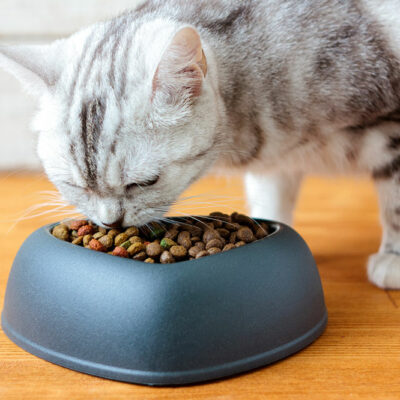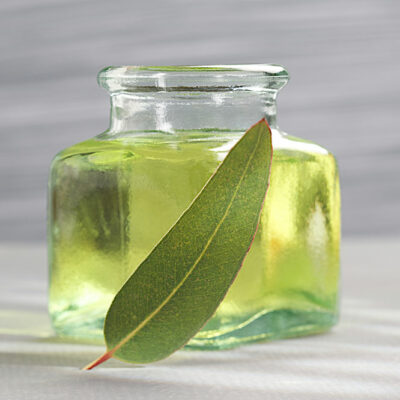
5 Common Asthma Triggers and Tips to Avoid Them
If you have been diagnosed with asthma, a few substances could make your lungs very sensitive. They are called allergens or triggers. These allergens could be in the form of smell, food, weather, or something around. The triggers cause the airways to swell and produce more mucus than usual, causing congestion and breathing difficulties. It is essential to know what triggers your episode and restrict exposing yourself to such triggers. Some common triggers of asthma are discussed below.
1. Smoke
Our nose and the linings in our lungs filter air. When we inhale smoke, it destroys the lining, leading to frequent asthma episodes and respiratory infections. So if you or anyone in the family is asthmatic, stay away from smokers. Traces of the smoke can remain in your clothes and could trigger an episode anytime. Many children also develop asthma because of passive smoking. So it is crucial to ensure that they are not exposed to smoke or smokers.
2. Dust and dust mites
People who have asthma could be highly allergic to dust. Dust mites are very tiny and not visible to the human eye. They thrive in warm and humid corners, mattresses, curtains, and carpets. They can also attach themselves to humans and pets. If you have frequent episodes while inside the house, dust and dust mites could be your triggers.
Ensure maximum hygiene and cleanliness around the house. Dry mattresses and pillows in the sun frequently. If that is not possible, ensure you vacuum them often to remove the mites. Also, do not use mattresses and pillows made of cotton. If you cannot avoid it, make sure they are cleaned regularly.
3. Indoor molds
A mold is another common asthma trigger. It is found in moist and unkempt places. They can also form in unclean fridge and freezer boxes. To be safe, avoid cold and chilled food, which could contain molds. Also, keep bathrooms clean, dry, and airy and use exhaust fans to maintain good air circulation. Avoid carpets and indoor plants.
4. Pets and pests
Animal fur, dander, birds, fecal matter, urine, and dried scales are widespread indoor asthma triggers. Most doctors recommend “no pets” as a rule for people with asthma. Keep them outdoors, and ensure they are clean and well-groomed. If you cannot avoid pets, use your inhaler for at least 15 or 20 minutes before touching them. Adopt pets with no fur or feathers that are safe for you. Fumigate your house frequently (make sure you are outside) as insects like cockroaches, too, can trigger asthma.
5. Food
Eggs, dairy, tree nuts, soy, shellfish, wheat, fresh fruit, and salads are known as asthma food triggers. Food additives and preservatives trigger asthma episodes too. As a good practice, make a journal of what you eat to track if food could be your asthma trigger and avoid it in the future. Do an allergy test and understand what foods could be your allergen. Modify your diet and include safe items, and with patience and practice, you will be able to work out a safe diet.
Other triggers like environment, weather, chemicals, pollution, and other underlying health conditions can trigger asthma. Indoor triggers are something that is within our control and can be eliminated. With no cure yet for asthma, it can be best managed by medication as well as lifestyle changes.


